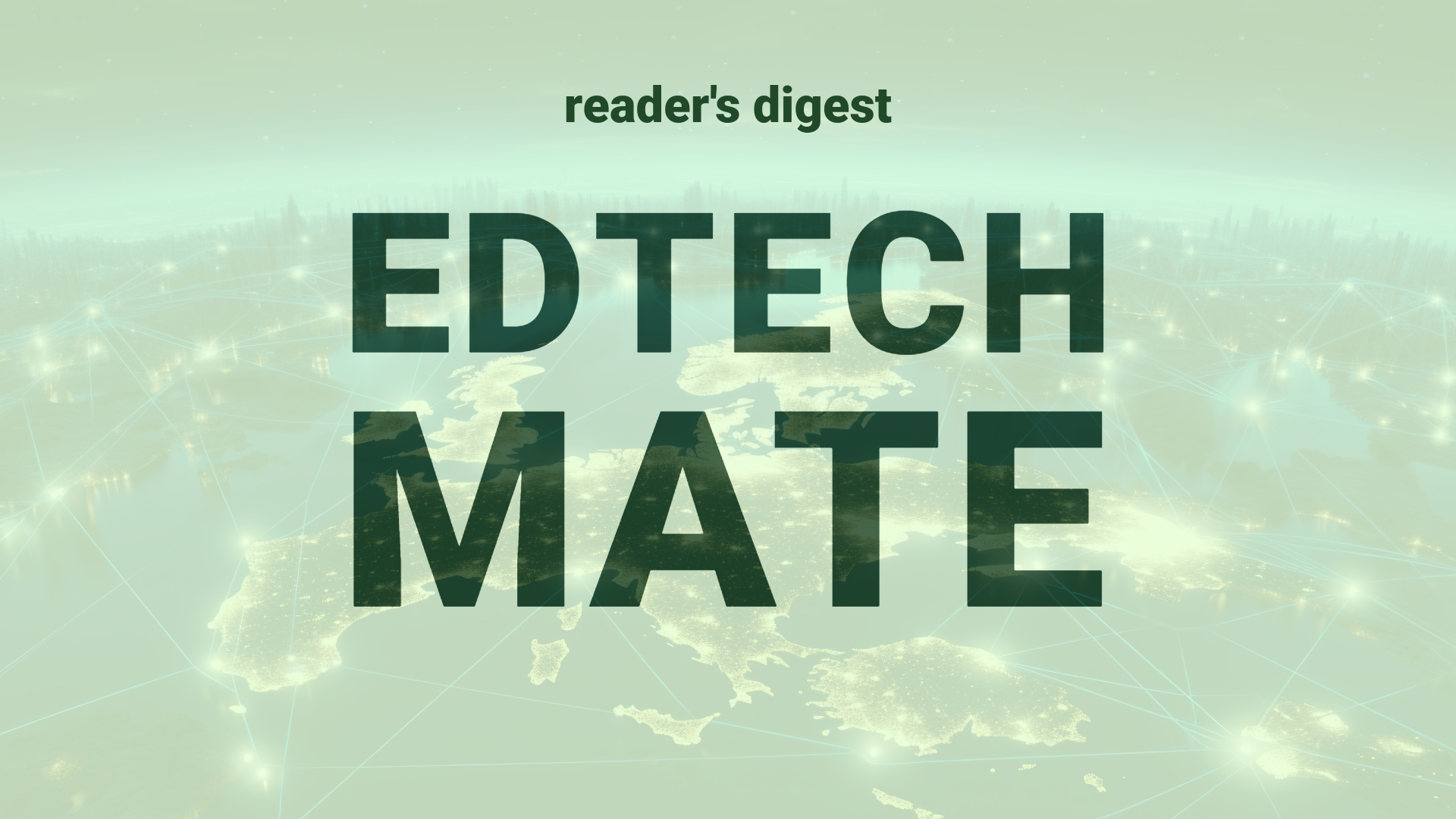Executive Summary and Main Points
The recent vote by the European Parliament to approve the EU AI Act heralds the first major legislation designed to regulate artificial intelligence applications globally. This act, still pending finalization, addresses transparency and risk assessment obligations for AI-developing and AI-deploying organizations, extending its reach beyond EU borders to any business engaging with EU residents. With a focus on prohibited AI uses, high-risk AI systems, and transparency requirements, the legislation advocates for human rights and aims to mitigate the potential for AI-related harm. Experts from various industries predict that the requirements and significant fines (up to €35 million or 7% of annual revenue) pose a striking impact on the sector, potentially slowing down AI research and product development.
Potential Impact in the Education Sector
In the context of Further Education, Higher Education, and Micro-credentials, the EU AI Act could reshape the technologies utilized for teaching, learning, and administrative management. Institutions will be compelled to reassess high-risk AI tools, impacting areas like personalized learning algorithms and student data analysis. The act may encourage strategic partnerships between educational institutions and technology companies to enhance compliance and innovate responsibly within the digital transformation landscape. With transparency becoming a cornerstone, educational platforms may have to adapt to meet the new norms of AI governance, accountability, and explainability.
Potential Applicability in the Education Sector
Innovative applications of AI in global education could involve the development of more interpretable and transparent AI models for adaptive learning, student support systems, and administrative automation. Ensuring ethical AI usage will become imperative, with institutions possibly adopting digital tools that facilitate compliance monitoring and risk assessment throughout the AI lifecycle. Additionally, AI could play a significant role in the diversification and personalization of Micro-credentials, provided it adheres to the newly stipulated regulations.
Criticism and Potential Shortfalls
Criticisms of the EU AI Act focus on its potential to stifle innovation due to stringent regulatory requirements and substantial fines. There are concerns about the challenges in complying with the transparency rules for AI systems with inherently opaque mechanics, like deep neural networks. Additionally, international case studies indicate variance in technological maturity levels across regions, suggesting that global uniformity in AI governance may lead to complexities. The potential for ethical and cultural conflicts also arises as AI systems must be aligned with diverse societal norms while assuring compliance with the EU’s regulation.
Actionable Recommendations
For education leaders, it is advisable to proactively engage with the EU AI Act requirements, beginning with an audit of current AI applications within the institutional framework. Strategic insights should promote investments in AI governance structures to support compliance and ethical AI usage. Partnerships with technology firms familiar with the act could facilitate the transition. Furthermore, developing curricula that integrate understanding and management of AI risks will empower the next generation of professionals to navigate this new legal landscape effectively.
Source article: https://www.cio.com/article/2096040/what-it-leaders-need-to-know-about-the-eu-ai-act.html

